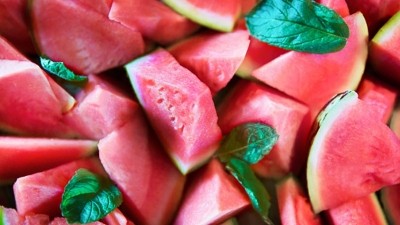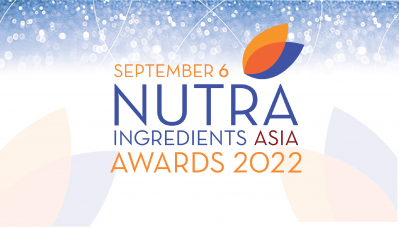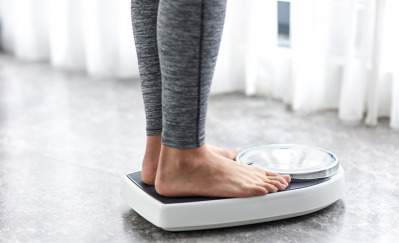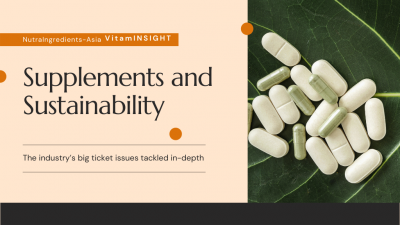Stem sells: Kale by-products could be turned into prebiotics by Singapore partnership
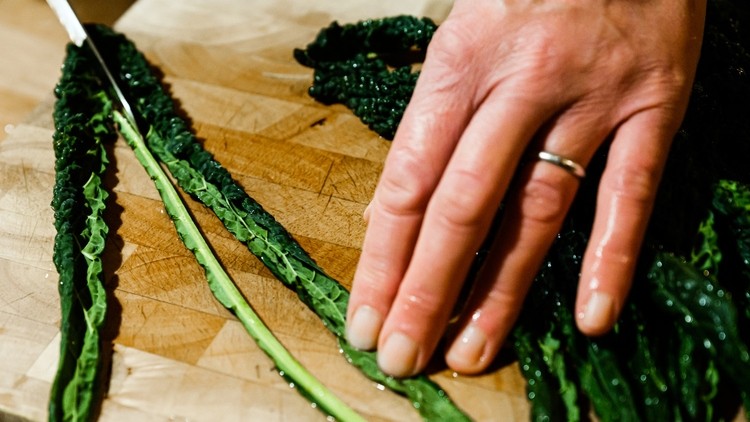
In the first-of-its-kind research and development (R&D) programme, the four-person team plans to capitalise on the benefits of leftover farmed vegetables and upcycle them into functional ingredients.
First, the kale stems will undergo a drying and milling process to transform into a powder at the SIT@Dover campus. Next, testing and product development iterations would be conducted in AMILI’s lab at the Singapore Science Park.
According to a joint SIT-AMILI statement, powdered kale stems were found to be powerful catalysts for the growth of Bifidobacterium and Lactobacillus bacteria species, with both being essential intestinal flora. AMILI will then incorporate the prebiotic into its next generation of gut health supplements.
When contacted by NutraIngredients-Asia.com, co-Principal Investigator (PI) from SIT, Associate Professor Cheow Wean Sin, said there was an increased awareness of human gut health and the way microbiomes play a role in advancing human health.
“Gut microbiome, modulated by probiotics, is best supported by prebiotics. With the increased awareness of the field, benefits of a healthy diet and accessibility to pre- and probiotics supplements, researchers and consumers are keen to uncover and improve treatments to prevent and manage age- and lifestyle-related diseases,” said Dr Cheow.
In an unrelated study on kale by Tony Reda et al. (2021), the cruciferous vegetable was found to provide prebiotic carbohydrates and glucosinolates, which could play a role in preventing obesity and cancer.
Varsity-company partnership
The kale stem R&D is part of a three-year partnership announced recently by both parties to accelerate human gut microbiome health innovations. Besides R&D, the partnership encompasses staff upskilling initiatives and work attachment opportunities for students.
Specifically, the kale-stem R&D supports SIT’s efforts in food waste valorisation with another domestic firm, Sustenir, an agritech company that produces vegetables like kale, lettuce and spinach.
CEO and co-founder of AMILI, Dr Jeremy Lim, said: “Our existing personalized probiotic formulations were derived from studying the microbiome profiles of individuals living here, and we will continue to look at different ways to improve further and boost the efficacy of our formulations for people living in Asia.
“We believe our collaboration with SIT will accelerate these discoveries and has already borne some initial ‘fruit’ with optimising kale stems as an effective prebiotic.
“Together with SIT, we are also excited to further studies and educate the general public on the importance of gut bacteria in enabling food digestion, metabolite production, and the relationship between gut dysbiosis with various organ systems that regulate health”.
Before this, AMILI launched five probiotic formulations scientifically proven to suit the Asian gut microbiome.
The firm, founded in September 2019, owns and continues to build what is believed to be the world’s largest multi-ethnic Asia-based gut microbiome database. By end-2022, AMILI hopes to collect 10,000 unique stool samples. From this database, AMILI scientists aim to create gut health solutions localised to the Asian microbiome, such as the five formulations.
Probiotics, healthy ageing and protein are major focus areas of our upcoming Growth Asia Summit in Singapore from 11 to 13 October. Check out big-name brands, international experts and pioneering start-ups slated to present here.
